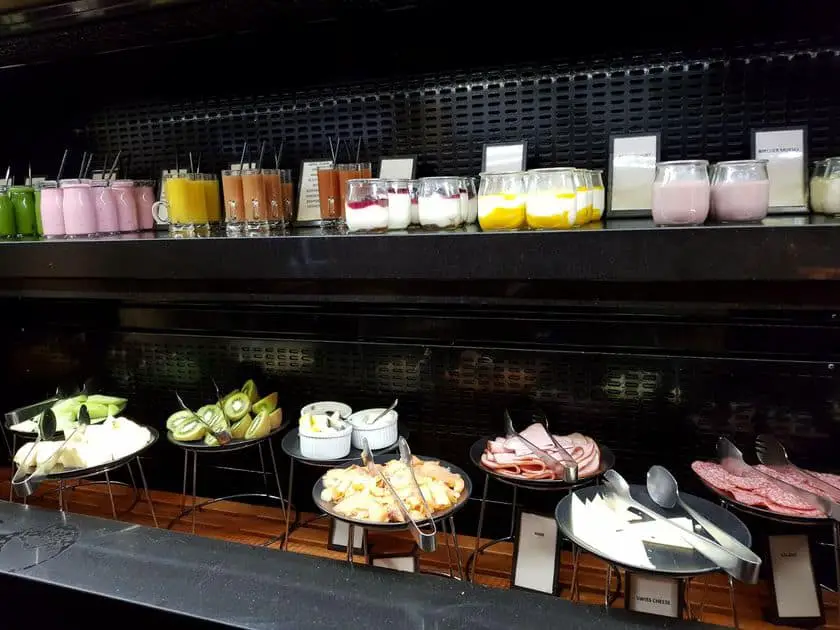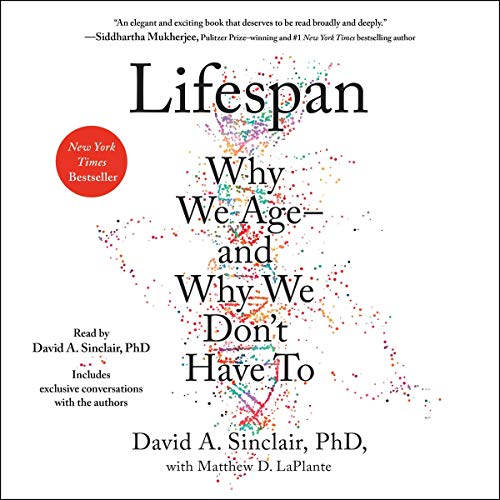When I heard about the benefits of intermittent fasting and time restricted eating, I was hooked. This is amazing! A silver bullet to aging and health! But within 5 minutes I had talked myself out of it.
Why? Because I am poor in spirit and lack will power. Would you believe it, the main reason I felt I couldn’t do time restricted eating was because I loved my morning mocha too much. It was one of my mini pleasures in life that I could enjoy despite being surrounded by tantrum-throwing toddlers.
With the new year, and a few health setbacks, I am desperate enough to give up my mocha so I can give time restricted eating a good try.
The big question is: How do I start?
- What is time restricted eating?
- What is the 16:8 method of intermittent fasting?
- How should a beginner start with time restricted eating?
- What is the best time-restricted eating schedule?
- Which meal is the most important?
- Which meal is best to skip?
- Can I eat only one meal a day?
- How can I skip dinner without feeling hungry?
- Is it best not to eat after 6pm?
- Can you drink water on time-restricted eating?
- Can I have coffee or tea while on a fast?
- Can you eat fruits during intermittent fasting?
- How long does it take to get used to time-restricted eating?
- Does sleeping count as fasting?
- Are there unwanted side effects to time restricted eating?
- To wrap up
What is time restricted eating?
To be able to do time restricted eating properly, we must first be clear about what it is.
The simplest definition is this:
Time restricted eating is consuming all your daily calories within a short time period each day, typically in an 8-10 hour window.
I say daily calories rather than food and drink because you can drink as much plain water (zero calories) as you want during your fast. Plain coffee and plain tea, without milk and sugar, are also generally thought to be fine as they contain so little calories.
What is the 16:8 method of intermittent fasting?
Time restricted eating is one of the methods of intermittent fasting. The 16:8 method refers to fasting for 16 hours and only eating during an 8-hour window.
Within this window, you can eat as many meals as you want and there is no restriction on what you eat or how many calories you can eat.
Obviously, you’re putting yourself through this ‘suffering’ for health reasons, so you should stick to healthy foods rather than gorge on junk during your eating window.
How should a beginner start with time restricted eating?
There is no point in doing any kind of diet or fasting, no matter how effective, for 2 days in your life. The only way to make restricted eating work is to incorporate it into your lifestyle so you can continue doing it for the rest of your life.
If you’ve never done intermittent fasting or time restricted eating before, start low and go slow:
- If you’re a late-night snacker, try to cut that out first.
- Start having earlier dinners. If you have dinner at 6pm, breakfast at 6am, and no food in the night, that 12-hour fast is entirely doable.
- Once you get used to the 12-hour fast, try to increase your fasting time / reduce your eating window by an hour each week.
That sounds entirely possible, even to me. And I love food.
What is the best time-restricted eating schedule?
Most of us will manage a 12-hour eating window just fine. Many of us probably already do that. But what if we want to do better? Should we be aiming for an 8-hour eating window or even less? And is it better to eat earlier in the day or later at night?
Studies show that early time-restricted eating is better for us. By ‘early’, they typically meant a 6-hour eating window between 9am and 3pm.
In fact, Dr Sachin Panda, famous for his deep and extensive studies in Circadian rhythms and time-restricted eating, said four- and six-hour time restricted eating has many benefits, especially if you are overweight, but it reduces your quality of life. I definitely can’t see myself doing that. Life would be pretty miserable.
Fortunately, he also said eight- and ten-hour eating windows yield good benefits and are well tolerated.
As I said before, this will only work if you do it for the long term. It’s good to know what the gold standard is but there is no point in aiming for the ‘best schedule’ if you can’t sustainably incorporate it into your life.
The Circadian rhythm is this amazing internal clock our body has. Read Dr Panda’s book to learn more about how timing is everything:
Take a deep dive into how long we need to fast before seeing benefits from TRE.
Which meal is the most important?
Every meal is important to get right, as in, you should eat the right foods at every meal and don’t overeat.
Breakfast used to be called the most important meal of the day but not anymore. Researchers have found no conclusive evidence that eating breakfast will help you lose weight. In fact, studies show if you have not been a breakfast eater, you shouldn’t start now.
Some say dinner is now the most important meal – not to eat, but to get right. If you eat dinner too late and have too much of it, it can cause poor sleep, increase your glucose and insulin levels, and cause weight gain.
Which meal is best to skip?
The best meal to skip is the one you are happy to skip on a regular basis. Also, there’s not much point skipping lunch but having breakfast and dinner since you wouldn’t have changed your hours of eating.
Theoretically, dinner is the best meal to skip as we are winding down for the night and our metabolism is slower towards the evening. However, dinner is also when most families gather at the end of the day to catch up. I feel the social and emotional benefits of eating dinner together as a family outweighs the benefits of skipping it.
That leaves breakfast. It’s the easiest meal to skip or delay. Also, breakfast food generally tends to be not-so-healthy. If you absolutely need a coffee, have a black coffee without milk or sugar and it won’t break your fast.
No matter how tempting, a buffet breakfast is a no-no:

Can I eat only one meal a day?
Some people go so far as to only eat one meal a day. David Sinclair, leading expert in longevity, and author of the excellent book, Lifespan (highly recommended), admitted that he only had one meal a day sometimes because he was so busy. In case you’re wondering, he only ate dinner.
If you manage to only eat one meal a day, not get hangry, and feel good about it, go for it. You will reap all the benefits of fasting. Most people, including me, won’t be able to do that and it’s OK.
My favorite book on longevity. David Sinclair explains complicated science in easy-to-understand stories and illustrations:
How can I skip dinner without feeling hungry?
If you are planning to skip dinner, the best way to reduce your hunger pangs is to eat a late lunch that is filled with protein and good fats.
The other tip to control your hunger at night is to go to bed. You won’t notice you’re hungry if you’re asleep.
To tell the truth, no matter what you do, when you first start skipping dinner, you would be pretty miserable.
But if you persevere, your body quickly gets used to it over two to four weeks and not having dinner will become the norm.
Is it best not to eat after 6pm?
You may have heard the advice about not eating after 6pm but this is an arbitary cut-off. The advice should be to eat dinner as early as possible and don’t snack after.
There are many reasons why it’s best not to eat later in the evenings but these are the most compelling:
- sleeping on a full stomach causes discomfort and poor quality sleep.
- you limit your eating to a smaller window, reaping the benefits of intermittent fasting.
- You will consume less calories per day as late night snacking tends to be comfort food.
- Your body converts more glucose to fat in the evening, causing more weight gain.
Convinced yet?
Can you drink water on time-restricted eating?
Yes, plain water, tap water, mineral water, even carbonated water, is fine. As long as it’s ZERO calories.
In fact, you’re encouraged to drink as much water as you feel you need to keep hydrated.
Can I have coffee or tea while on a fast?
Technically you shouldn’t drink anything that contains calories while on a fast. But this is a coffee-fueled world. Even this blog is powered by coffee. Heck, I would give up a fast just to have coffee.
So the consensus among experts is that drinking plain coffee or tea without sugar and milk outside of your eating window is acceptable as plain coffee and tea only contain a miniscule 2-3 calories per serving.
If you really want to get your body to start with autophagy, you probably should avoid even having coffee or tea.
A cappucino definitely breaks your fast:

Can you eat fruits during intermittent fasting?
If you’re desperate for fruit during your fast, have a slice of lemon. It’s only 1 calorie.
Changed your mind? Good. Because eating any kind of fruit will break your fast.
How long does it take to get used to time-restricted eating?
Research shows that it can take two to four weeks for your body to get used to intermittent fasting and time-restricted eating.
If you make small changes and increase your fasting hours bit by bit over time, your body adapts better. If you go for gold from day 1, expect to feel hangry and miserable until your body adjusts over a few weeks.
Does sleeping count as fasting?
Every supporter of time restricted eating recommends fasting in the evening and night. This is because our body naturally slows down for rest and regeneration in the night, with our digestion system slowing down to a halt.
The bonus of fasting at night is that you’re asleep for most of the time so you don’t feel your hunger. Not eating while you’re asleep counts as fasting.
Are there unwanted side effects to time restricted eating?
Unfortunately, there is plenty of misery when you first start. Humans by nature stick to comfort and routine. When we shake it up, our bodies, brains and emotions all retaliate.
When you first start pulling out your fasting time, even if it delaying breakfast by an hour, symptoms you might experience include:
- light-headedness
- headaches
- hunger pangs
- jitteriness
- restlessness
- irritability
- impatience
- fatigue
- cravings
As your body gets used to the new routine, these symptoms start improving in days and over a few weeks, will disappear.
To wrap up
I hope this article helped clear up some of your doubts about time restricted eating and intermittent fasting, which are two sides of the same coin.
 Check it out on Amazon
Check it out on Amazon Check it out on Amazon
Check it out on Amazon
Pingback: What is the best schedule for time restricted eating?
Pingback: How to heal your leaky gut
Pingback: How to start time restricted eating - Madame Well